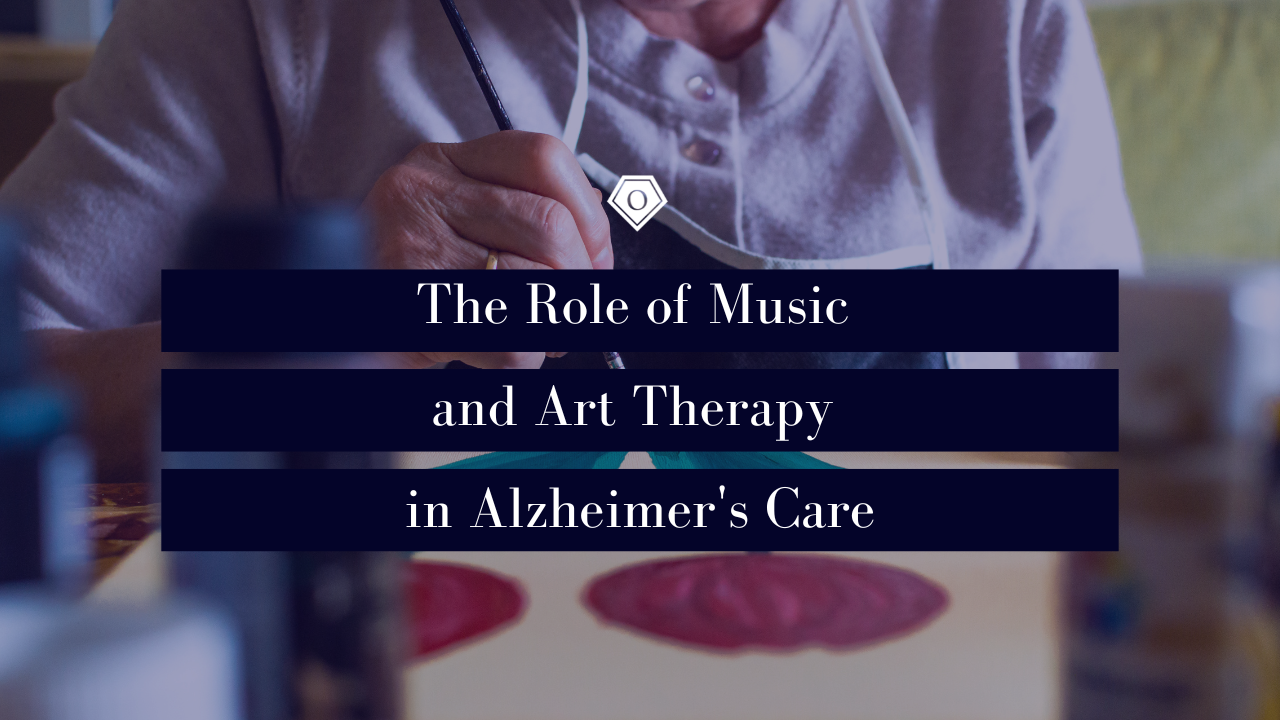Alzheimer’s disease, a progressive neurological disorder, affects millions worldwide, diminishing memory and cognitive abilities over time. As traditional treatments focus on slowing the disease’s progression, alternative therapies like music and art therapy are gaining recognition for their significant impact on the quality of life for those with Alzheimer’s. These creative therapies offer unique benefits, fostering emotional connection, cognitive stimulation, and overall well-being.
Music Therapy: Connecting Through Sound
1. Memory Stimulation: Music can profoundly trigger memories and emotions. Familiar tunes can evoke past experiences, allowing Alzheimer’s patients to recall memories that seemed lost. This stimulation can be a powerful tool, providing a sense of continuity and identity.
2. Emotional Expression and Mood Enhancement: Music therapy helps patients express emotions they may struggle to communicate verbally. Singing, listening to favorite songs, or playing instruments can elevate mood, reduce anxiety, and provide a sense of joy and accomplishment.
3. Social Interaction: Group music sessions encourage socialization and create community among patients. Participating in group singing or music-making fosters connections with others, reducing feelings of isolation.
4. Cognitive Benefits: Engaging with music can enhance cognitive function, improve attention, and slow cognitive decline. Rhythmic patterns and melodies provide mental stimulation, helping to maintain neural pathways.
5. Physical Coordination: Incorporating movement with music, such as dancing or simple exercises, can improve motor skills and physical coordination. This combination of auditory and physical engagement promotes overall health and well-being.
Art Therapy: Expressing Beyond Words
1. Creative Expression: Art therapy offers a non-verbal outlet for self-expression. Painting, drawing, and sculpting allow individuals to communicate their feelings, thoughts, and experiences, often revealing aspects of their inner world that words cannot convey.
2. Stress Reduction: Creating art can be a meditative process, reducing stress and anxiety. Making art provides a sense of calm and relaxation, contributing to emotional stability.
3. Enhancing Self-Esteem: Completing an art project can boost self-esteem and provide a sense of accomplishment. This positive reinforcement is especially valuable for those struggling with the frustrations of cognitive decline.
4. Sensory Stimulation: Art activities engage multiple senses, providing tactile, visual, and sometimes even olfactory stimulation. This multi-sensory experience can benefit individuals with Alzheimer’s, offering a rich and engaging way to interact with their environment.
5. Facilitating Communication: Art can bridge communication gaps between patients and caregivers. Viewing and discussing art pieces can spark conversations and provide insights into patients’ emotional states and preferences.
Practical Implementation
1. Personalized Approach: Tailor music and art activities to individual preferences and abilities. Familiar songs, favorite genres, and preferred art mediums ensure greater engagement and enjoyment.
2. Professional Guidance: Certified music and art therapists can design and implement practical therapy sessions. Their expertise ensures activities are safe and beneficial, adapting to the evolving needs of Alzheimer’s patients.
3. Creating a Supportive Environment: A calm, distraction-free setting enhances the therapeutic effects of music and art. Encourage participation in a comfortable, familiar space to maximize the positive impact.
4. Family Involvement: Involving family members in music and art therapy sessions can strengthen bonds and provide mutual support—their shared creative experiences foster connection and understanding, benefiting patients and their loved ones.
Music and art therapy offer more than just creative outlets for Alzheimer’s patients; they provide meaningful ways to connect, express, and stimulate the mind. By integrating these therapies into Alzheimer’s care, we can enhance the quality of life, promote emotional well-being, and create moments of joy and connection for those affected by this challenging disease. As research continues to uncover the full potential of these therapies, it is clear that the harmony of music and the canvas of art hold profound promise in the journey of Alzheimer’s care.
Alzheimer’s and Dementia Care
Onyx Home Care’s neurological disorder care is built around a system of support. This service includes skilled home care as well as a unique program that centers on the patient’s interests and stage of illness. Our goal is to see happy family members, patients and caregivers. Often times, caregivers feel remote. Our team includes each person in the home care process to provide inclusive care that helps the patient thrive.






